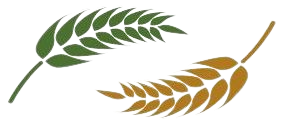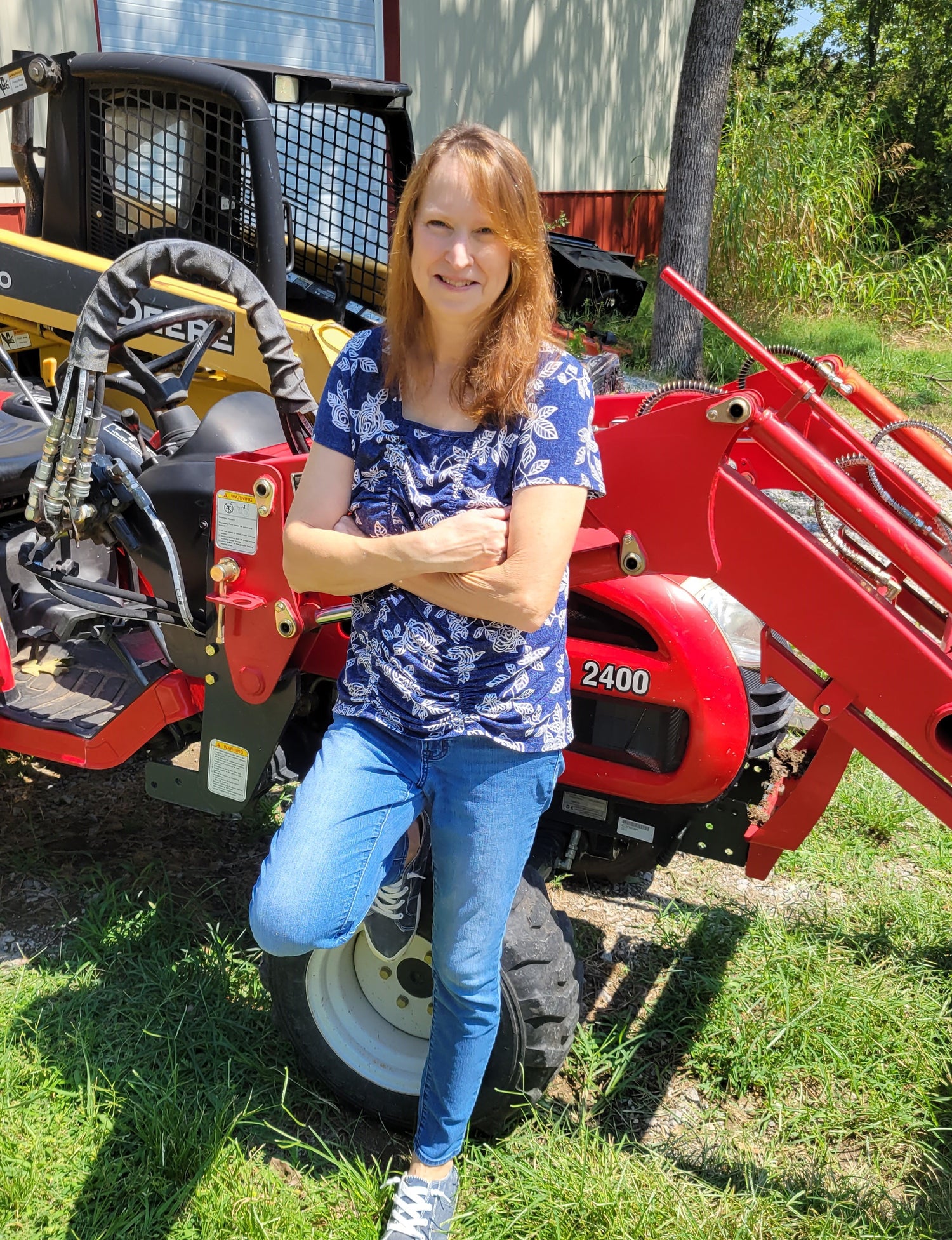Worms produce a nutrient-dense excrement known as castings. This improved soil is highly sought after by gardeners and others in the agricultural field due to its ability to improve soil health and plant growth.
When producing our worm castings at Keystone Farms, we use three different species of worms that have proven to be fast composters and reproducers; Red Wigglers (Eisenia fetida) Indian Blue Worms (Perionyx excavatus), European Nightcrawlers (Eisenia hortensis).
While these worms are living in the soil, eating food scraps and other yard waste; they are leaving behind nutrient packed castings that help the soil food web to be better balanced, which in turn aides the growth of fruits, plants, and vegetables.
The castings themselves are a wonderful blend of essential plant nutrients such as nitrogen, phosphorus, potassium, calcium, magnesium, and other trace minerals. Further benefits found in castings are other enzymes and microbes like fungi and organic bacteria.

Worm castings are easy to use.
- Mix castings into your soil before planting
- Castings can be added to the top of the soil and watered in.
- Add castings to your soil mixture for seed starting
- Place castings in the bottom of the new hole when transplanting to provide an easier transition and reduce plant shock
- Brew a worm castings tea which can be used as a soil drench or foliar spray
Worm castings provide a host of benefits:
- Soil structure is improved through enhanced capacity to hold water, aerate, and drain properly. This structure aides in root growth and nutrient absorption by plants providing pathways for the roots to travel.
- The further breakdown of worm castings by micro-organisms creates a continuous release of the essential nutrients found in castings. Slow release and long lasting are the key elements in worm casting enriched soil, providing a thriving environment for plants.
- Soil bedding that contains worm castings help promote plant growth and development through auxins and cytokinins, substances that facilitate cell division and elongation.
- Further benefits are found in the microbial activity. Micro-organisms present in worm castings; bacteria, fungi, protozoa, and nematodes, contribute to the development of a thriving ecosystem. This contribution is found in the breakdown of organic matter that releases nutrients in forms that plants can use.
- These microbes have also been shown to suppress harmful pathogens, reducing the risk of plant diseases and increases plant health. Improving the immunity of the soil and plants is just one of the many ways worm castings can benefit the environment.

How much worm castings should I buy and use?
It may seem difficult to determine how much worm castings you need to buy. That depends on the size of your growth space, the amount of plants you wish to grow, among other factors such as soil depth. We recommend roughly a quarter (25%) of your soil be worm castings.
One of the major benefits of worm castings is that you can't over use them. They will not burn plants like commercial fertilizer can.
Worm castings should be stored in a cool, dry area and will remain viable for at least a year if stored properly.
In conclusion, improving soil fertility and robust plant growth is much easier with worm castings. Incorporating castings into your gardening and other soil practices can provide long term benefit as a soil conditioner and natural fertilizer.
There are plenty of worm castings best practices that can be found on the internet. It is our goal here at Keystone Farms to provide you with up to date, relevant information that you can use to improve your gardening and soil.
Add Keystone Farms worm castings to your soil now!



